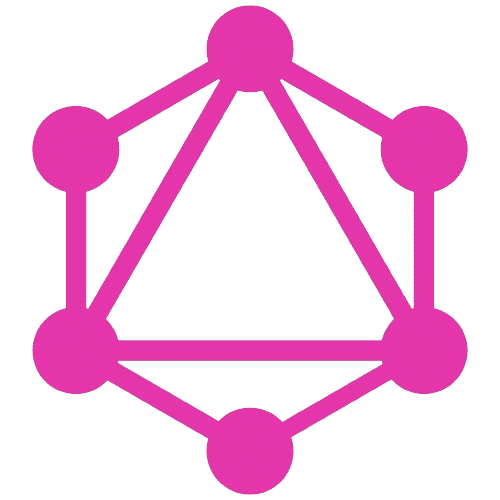is an open-source query and manipulation language tool for APIs. Graphs are collections of interconnected objects. GraphQL allows an API consumer to request the required specific data from the server nothing else. Spring Boot GraphQL provides a wrapper over GraphQL Java
In the real world, The best way to represent data is with a graph data structure
Social Networking Sites such as Facebook or Twitter are examples of Connected Graphs, Facebook Friends are Bidirectional Graphs and Twitter Following are examples of Unidirectional Graphs.
Facebook, Instagram, GitHub, Airbnb, Yelp, Pinterest, Twitter, New York Times, Coursera, and Shopify runs on GraphQL
In the 2010s, Facebook had more than a billion active users and supported Desktop, web, mobile web, IOS applications, and Android applications, all these applications had different data requirements but were served by the same Rest API.
In 2012, Facebook patented a new API architecture and named it SuperGraph which was later before GraphQL. in 2018 Facebook created a GraphQL Foundation having top-level members of the Linux Foundation, and Cloud Native Computing Foundation (CNCF).
GraphQL is backend, frontend, technical stack, database, transport layer, data representation agnostic
Let's take a look at this with an example.
Look at the below JSON REST API response, It is a list of apples with their ID, name, and taste. assume there is a front-end, client, that is consuming this API response, but the front-end client only requires the name of the apple, nothing else, since the API contract is to return all the variables, the client has to accept all the variables and process them, this is also called as Over-fetching.
Over-fetching is getting or fetching more data from an API endpoint or Database, which is not required.
[
{
"appleId": 1,
"appleName": "Macintosh",
"taste": "sweet"
},
{
"appleId": 2,
"appleName": "Fuji",
"taste": "tangy"
},
{
"appleId": 3,
"appleName": "Gala",
"taste": "bitter"
},
{
"appleId": 4,
"appleName": "Jonagold",
"taste": "sour"
}
]GraphQL allows an API consumer to request the required specific data from the server nothing else.
GraphQL provides API consumers an option to request what is required as the below API query
query FindAllApple {
findAllApple {
appleName
}
}and the response from the API endpoint for the above query will be
{
"data": {
"findAllApple": [
{
"appleName": "Macintosh"
},
{
"appleName": "Fuji"
},
{
"appleName": "Gala"
},
{
"appleName": "Jonagold"
}
]
}
}